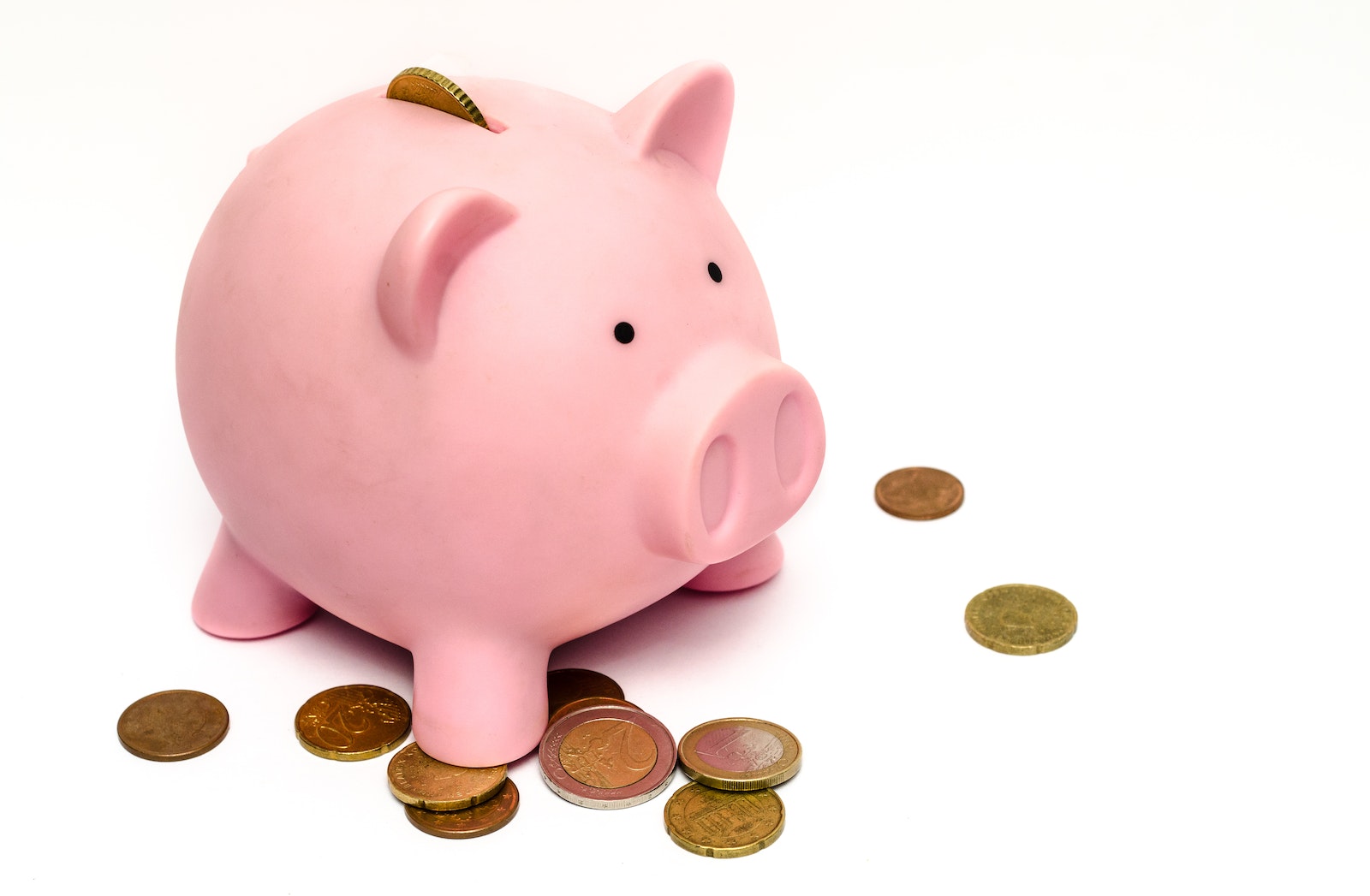Insulation: The Foundation of Energy Efficiency
Insulation is one of the most important elements when it comes to energy efficiency in your home. A well-insulated house prevents heat from escaping during the winter and keeps it out during the summer. By improving insulation, you can reduce the need for heating and cooling, leading to significant energy savings.
Start by checking your attic insulation. Adding or upgrading insulation in the attic can have a substantial impact on your energy bills. Additionally, consider insulating walls, floors, and ducts to further improve energy efficiency throughout your home.
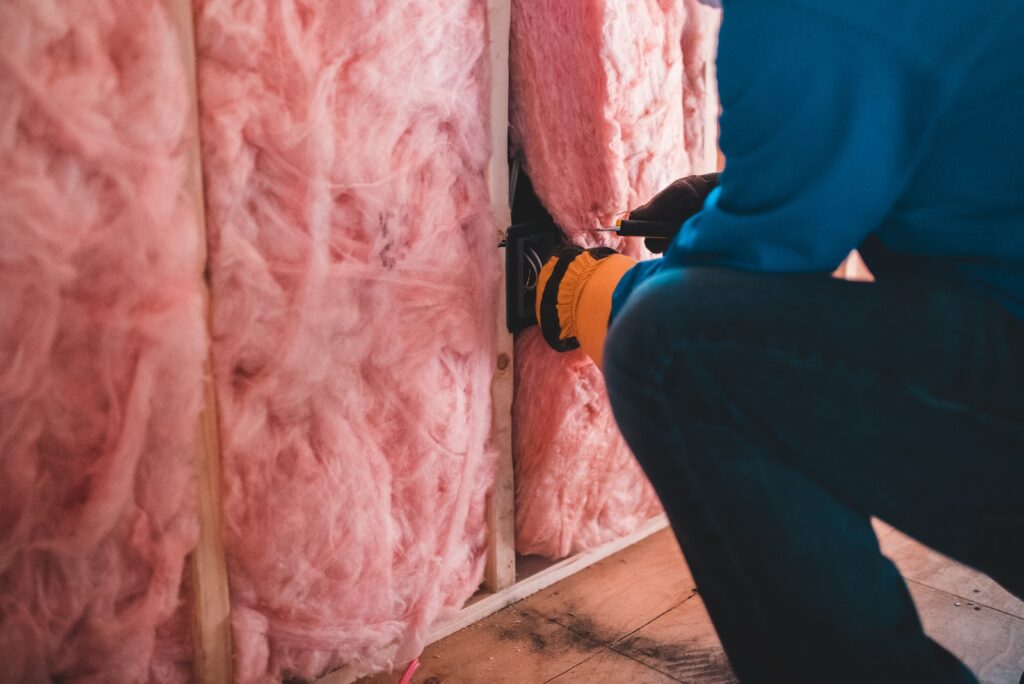
Efficient Windows: Keep the Elements at Bay
Windows play a crucial role in the energy performance of your house. Old, single-pane windows can be a major source of energy loss. Upgrade to energy-efficient windows, such as double-pane or Low-E (low-emissivity) windows, which are designed to reduce heat transfer and provide better insulation.
In addition to the glass itself, consider the framing material. Vinyl or fiberglass frames offer better insulation compared to aluminum frames, which are known to conduct heat. Investing in high-quality windows can enhance both the comfort and energy efficiency of your home.

LED Lighting: Brighten Up while Saving
Traditional incandescent bulbs consume a lot of energy and have a short lifespan. By switching to LED (light-emitting diode) lighting, you can significantly reduce your energy consumption and save money in the long run. LED bulbs use up to 80% less energy and last up to 25 times longer than incandescent bulbs.
Make a habit of replacing traditional bulbs with LEDs throughout your home. Start with frequently used areas such as the kitchen, living room, and outdoor lighting. LED lights are available in various color temperatures and designs, ensuring you can find the perfect fit for your needs.
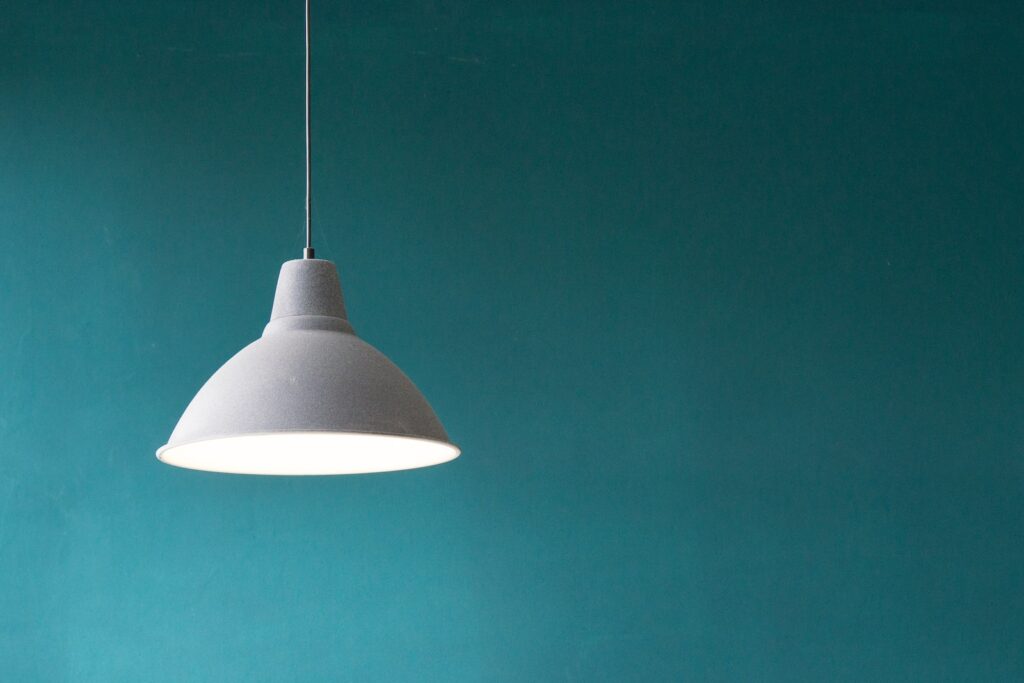
Smart Thermostats: Intelligent Climate Control
Heating and cooling are major contributors to energy consumption in a household. Installing a smart thermostat can help you optimize your home’s climate control, reducing energy waste and maximizing comfort.
Smart thermostats learn your temperature preferences, adjust settings based on occupancy, and can even be controlled remotely through mobile apps. By utilizing advanced algorithms and sensors, they can efficiently regulate heating and cooling, resulting in significant energy savings without sacrificing comfort.
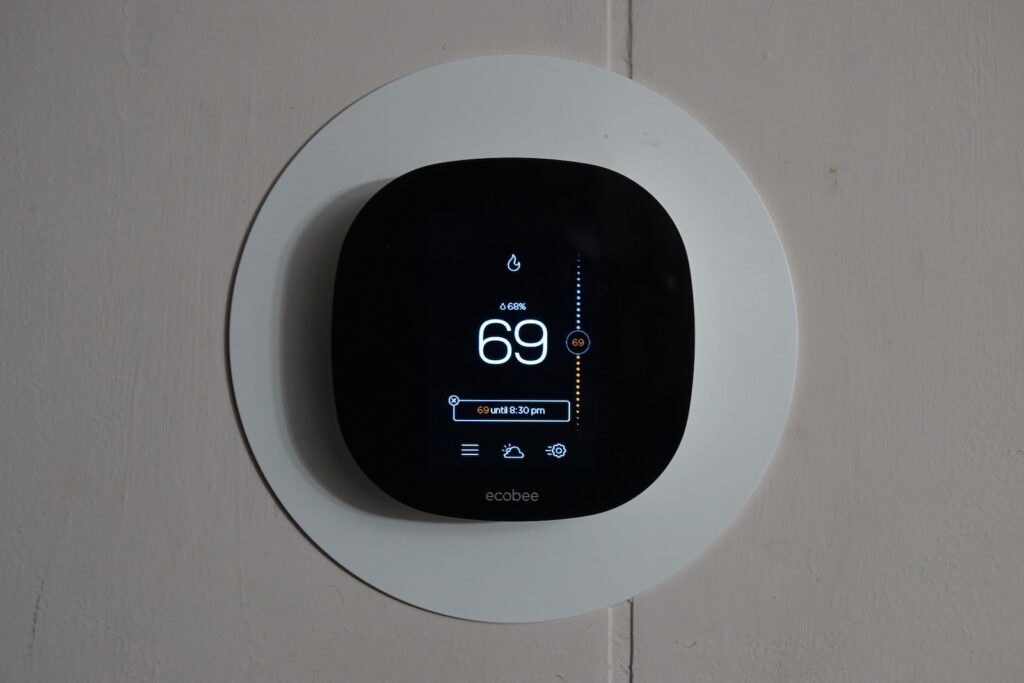
Energy-Efficient Appliances: Upgrading for Savings
Household appliances such as refrigerators, dishwashers, and washing machines have come a long way in terms of energy efficiency. When it’s time to replace an old appliance, look for the Energy Star label, which indicates high energy efficiency.
Energy Star appliances are designed to use less energy without compromising performance. They often incorporate features like improved insulation, advanced temperature control, and water-saving mechanisms. While the upfront cost may be slightly higher, the long-term savings and environmental benefits make them worthwhile investments.
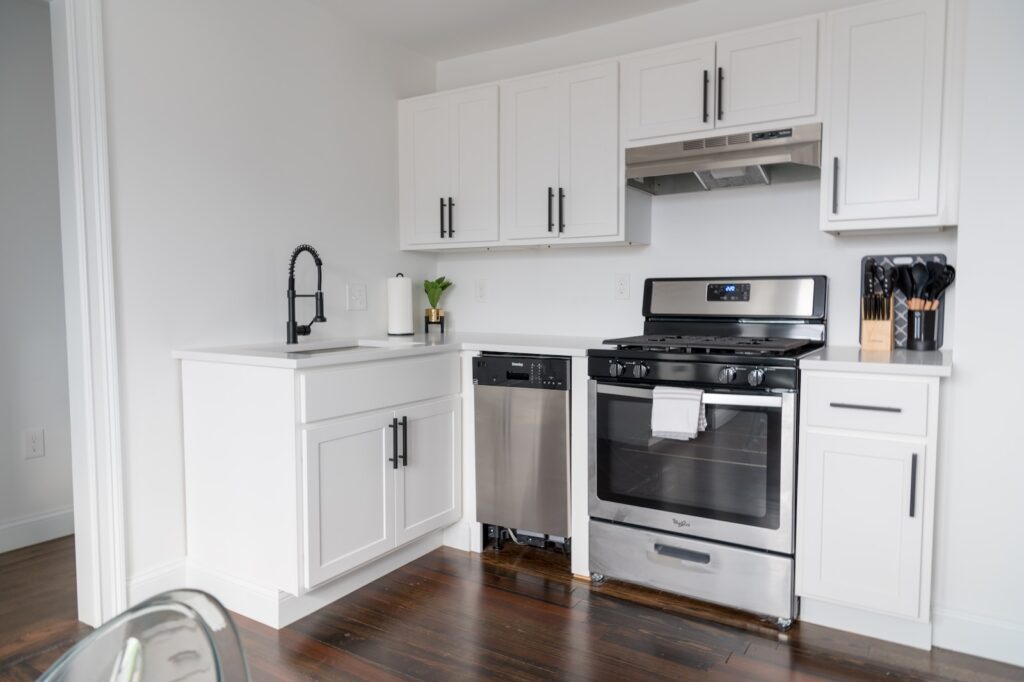
Solar Panels: Harnessing the Power of the Sun
Solar power has become an increasingly popular choice for homeowners looking to generate their own electricity. By installing solar panels on your roof, you can harness the power of the sun and significantly reduce your dependence on the grid.
Solar panels convert sunlight into electricity, allowing you to power your home with clean, renewable energy. Not only can you save money on your electric bills, but you can also contribute to a greener future by reducing your carbon footprint. Additionally, some governments offer incentives and tax credits for installing solar panels, making the investment even more attractive.
Before deciding to install solar panels, consider factors such as your location, available sunlight, and the orientation of your roof. Consult with a reputable solar installation company to assess your home’s suitability and to determine the optimal system size for your energy needs.
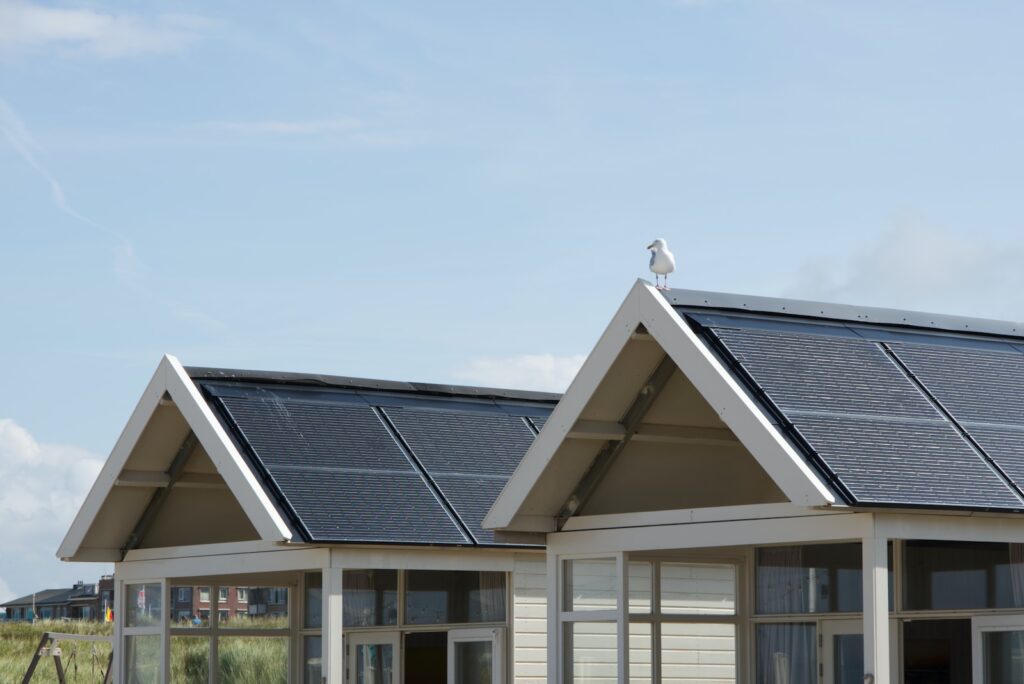
Water-saving Fixtures: Efficiency Beyond Energy
Energy efficiency is not limited to electricity consumption. Conserving water is equally important for both your wallet and the environment. Upgrading to water-saving fixtures can help you reduce water waste and lower your water bills.
Consider replacing old toilets with low-flow or dual-flush models, which use less water per flush. Install aerators on faucets to reduce water flow without compromising water pressure. Additionally, choose efficient showerheads that provide an enjoyable experience while conserving water.
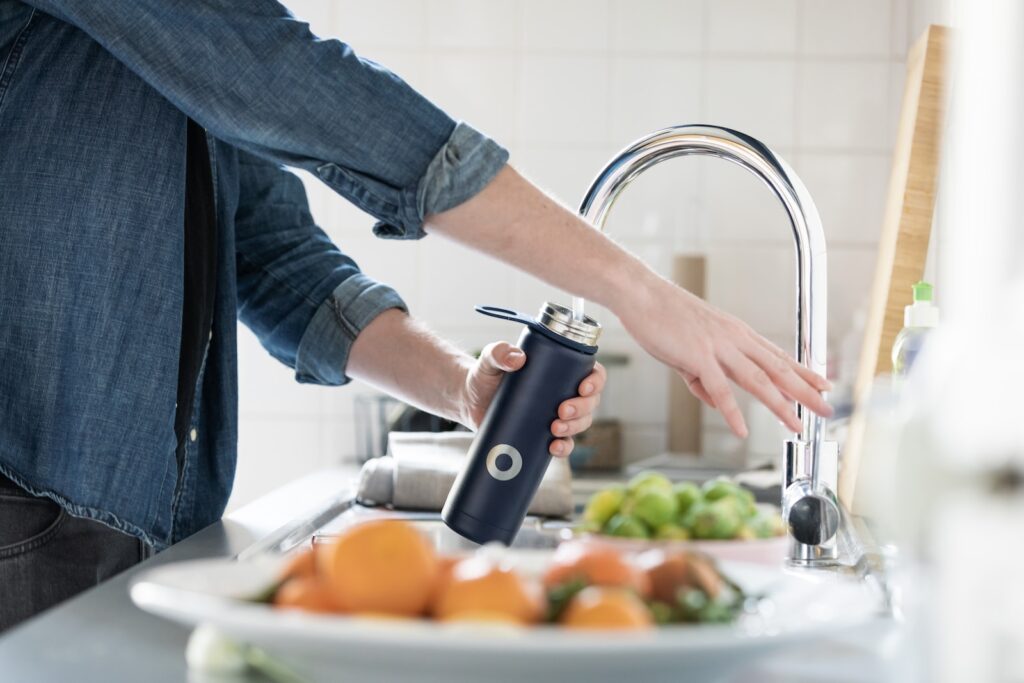
Energy Monitoring Systems: Knowledge is Power
To truly understand and manage your energy consumption, consider investing in an energy monitoring system. These devices provide real-time data on your energy usage, allowing you to identify areas of improvement and adjust your habits accordingly.
Energy monitoring systems can track the energy consumption of individual appliances, identify energy spikes, and provide insights on how to optimize energy usage. By gaining visibility into your energy consumption patterns, you can make informed decisions to further enhance energy efficiency in your home.
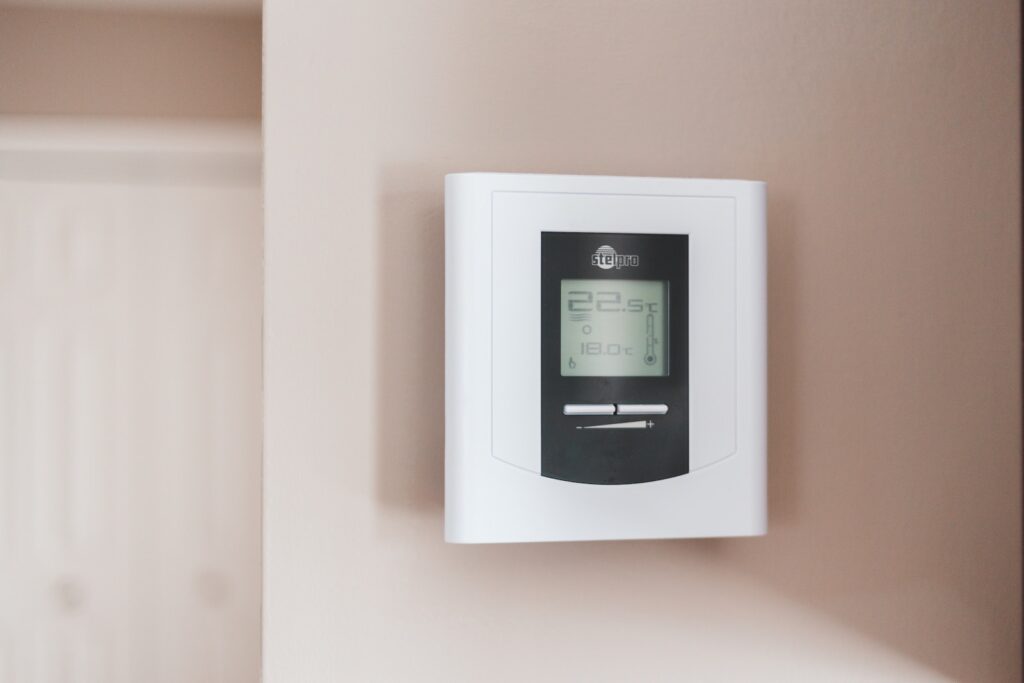
Seal Air Leaks: Preventing Energy Loss
Air leaks around windows, doors, and other openings can lead to significant energy loss and compromise the efficiency of your home. Sealing these gaps and cracks can make a noticeable difference in your energy bills.
Inspect your windows and doors for gaps, and use weatherstripping or caulking to seal them. Additionally, ensure that your attic, walls, and floors are properly insulated and free from leaks. Taking the time to seal air leaks will not only improve energy efficiency but also enhance the overall comfort of your home.
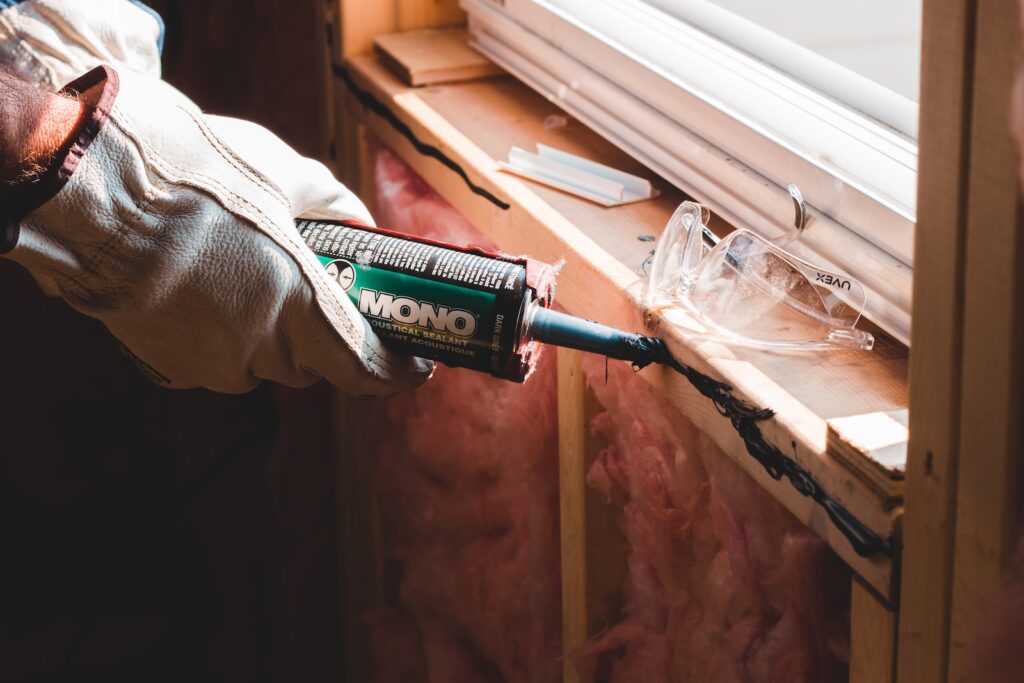
Energy-Efficient Landscaping: Nature’s Contribution
While we often focus on energy-saving upgrades within the house, the landscaping around your property can also play a role in energy efficiency. Strategically planting trees and shrubs can provide natural shade in the summer, reducing the need for excessive air conditioning.
Consider the orientation of your house and the sun’s path throughout the day. Planting deciduous trees on the south and west sides can block the sun’s rays in the summer while allowing sunlight to pass through in the winter. Additionally, planting ground cover or using mulch can help regulate soil temperature and reduce evaporation, leading to water conservation.

Energy-efficient upgrades in your house not only help you save money on your monthly bills but also contribute to a more sustainable future. By implementing insulation, upgrading windows, adopting LED lighting, utilizing smart thermostats, investing in energy-efficient appliances, installing solar panels, using water-saving fixtures, employing energy monitoring systems, sealing air leaks, and considering energy-efficient landscaping, you can make a significant impact on both your financial well-being and the environment.
Remember, small changes can add up to significant savings over time. Start with the upgrades that align with your budget and priorities, and gradually expand your efforts. By embracing energy efficiency, you become a part of the solution, contributing to a greener and more sustainable planet for future generations.
